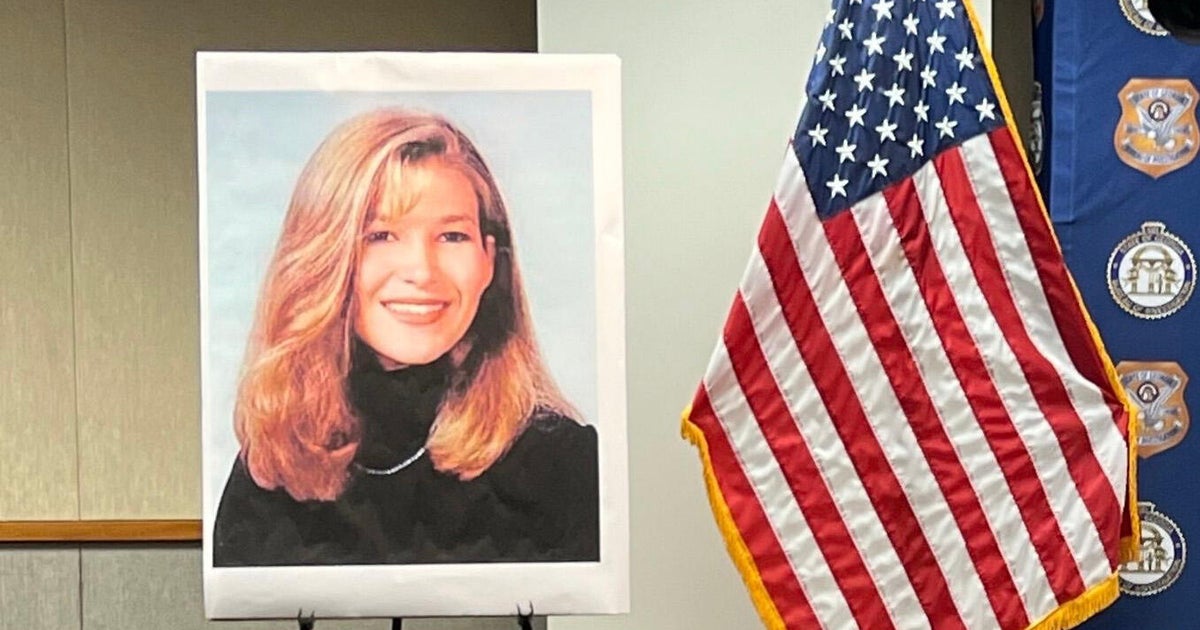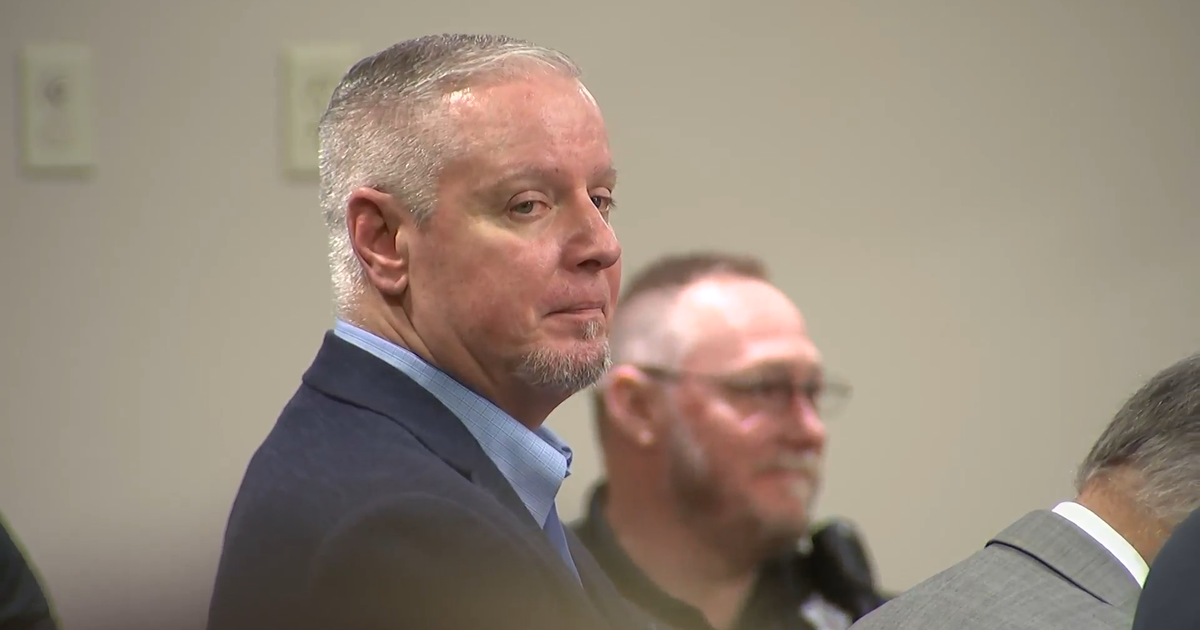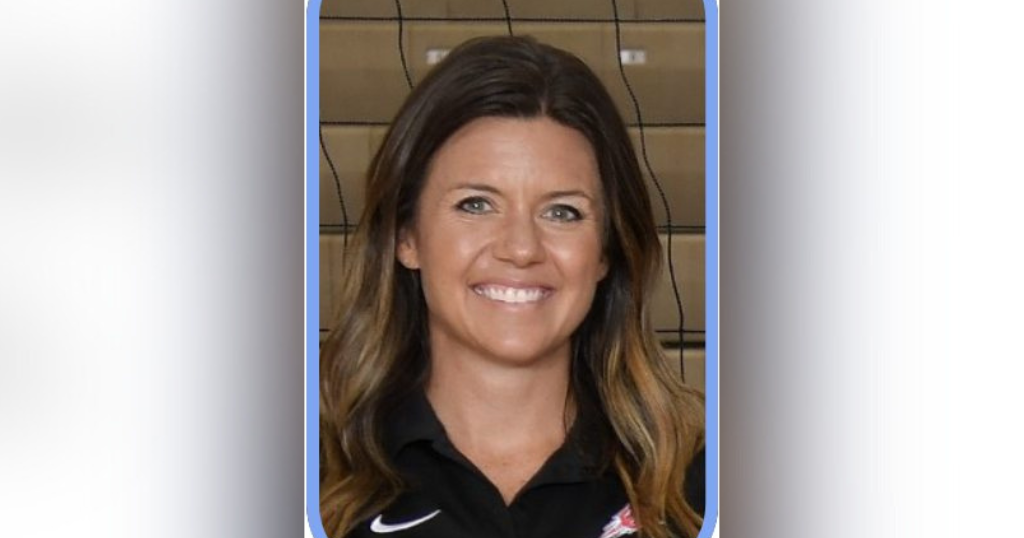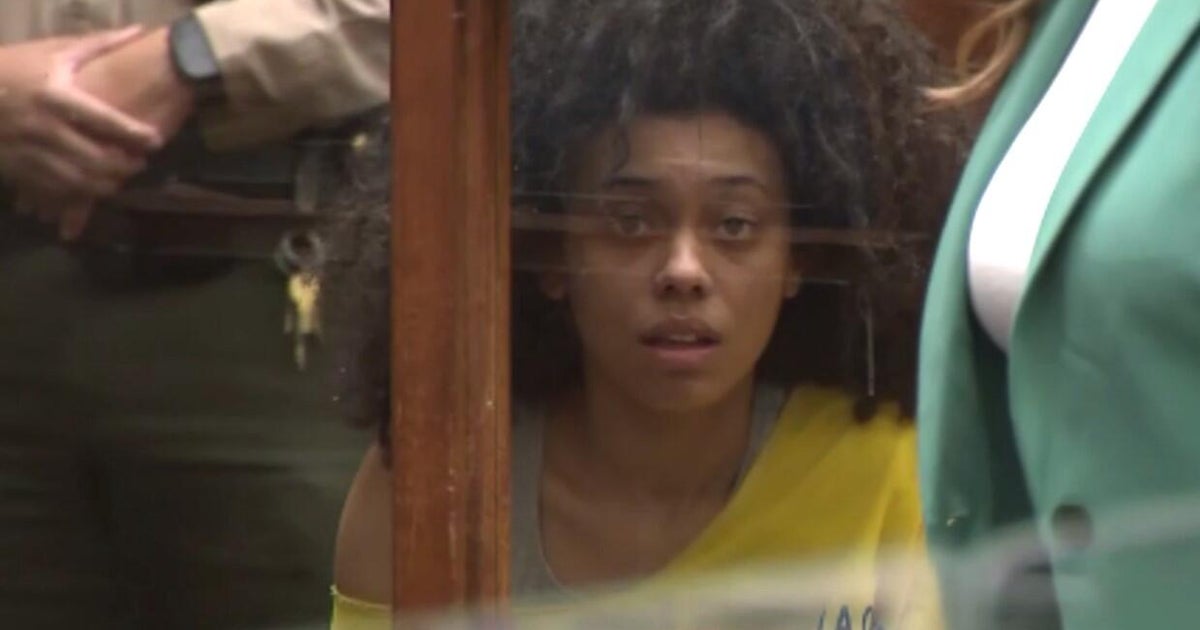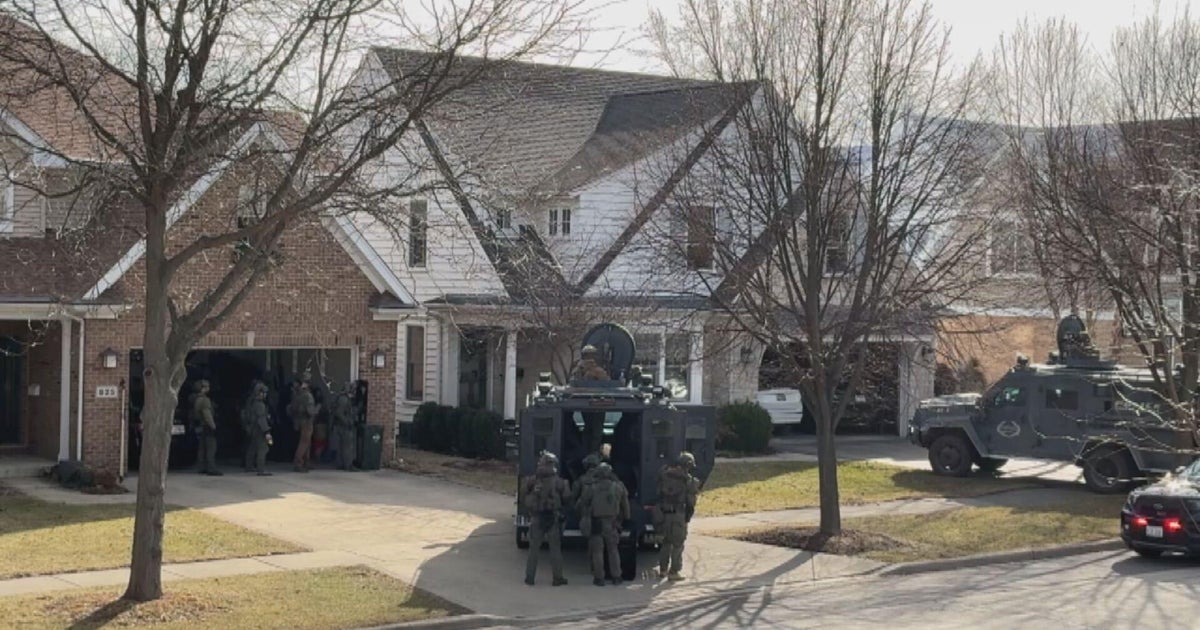Dog Cage Evidence In Rilya Wilson Murder Case
MIAMI (CBSMiami) – Trial resumed Thursday in the case of Geralyn Graham, who is charged in the death of foster child Rilya Wilson more than a decade ago.
Detra Winfield, a friend of Geralyn Graham's who earlier testified that she had provided Graham with a dog cage to keep Rilya in for her "safety," took the stand again Thursday. Winfield reportedly told police at the time that Graham had put Rilya in the cage as punishment one time.
Winfield told the jury that she had purchased Rilya's dresser during a garage sale. But she offered conflicting testimony about Rilya's whereabouts. In a sworn testimony to police years earlier, she said she thought Rilya was still spending time with an unknown Spanish woman who had taken her on a trip. Winfield said at one point Graham changed her story and said that DCF had taken Rilya back.
"I don't remember what's the time frame, but I did get something from her house. A dresser," Winfield said.
She added that Rilya's toys were among the items being sold at the yard sale and when she asked Graham about it, Graham took some back.
Winfield said she didn't remember seeing Rilya after Christmas, 2000.
When asked if she ever saw the Grahams mistreat Rilya, Winfield said, "No."
Ludwig Smith, a former boyfriend of one of Graham's daughters, corroborated the testimony of previous witnesses, and said he saw Rilya closed up in a cramped laundry room. He said Geralyn Graham told him Rilya was being punished for misbehaving.
Smith testified that he asked about the dog cage in the garage and Graham told him "she put Rilya in there as a method of controlling her movements."
Miami-Dade police Det. Kenyon Watkins testified that he was assigned to analyze home the home where Graham once lived with Rilya. He said when he checked for blood and the only place he found any was in the room where the water heater was kept.
However, other families have lived in the home and it could have come from them.
Prosecutors claim Graham killed Rilya, who would be 16 now, because she believed the girl was evil and possessed by demons.
In his opening statement, Graham's attorney Scott Sakin raised the possibility that Rilya could still be alive because her body has never been found. Sakin suggested Rilya could've been relocated to a new home and lost in a system that has a history of case worker incompetence.
The girl's disappearance led to resignations at DCF, including several high-level positions, when it was discovered that a caseworker was falsifying reports about the girl's well-being and that supervisors took little action. The case also led to a new missing child tracking system in Florida, approval of a privatized system of child casework and tougher laws against falsifying child welfare reports.
Authorities long suspected caretaker Graham in Rilya's disappearance, but didn't charge her until 2005 when prosecutors said she confessed to inmate and jailhouse snitch Robin Lunceford while serving time on an unrelated fraud charge.
Lunceford is expected to testify that Graham told her she killed Rilya because the little girl was evil. Lunceford had been facing a life sentence as a repeat offender but has had her sentence reduced to 10 years because of her cooperation, court records show. With time off for good behavior, she could be released by the end of December, Sakin pointed out.
Pamela Graham, who lived with Graham at the time they had Rilya and her sister Rodericka,, is also expected to testify in a plea deal with prosecutors that will likely allow her to avoid jail.
The trial is expected to last about five weeks.
Charged with first-degree murder, kidnapping and child abuse, Graham faces life in prison if convicted.
(TM and © Copyright 2012 CBS Radio Inc. and its relevant subsidiaries. CBS RADIO and EYE Logo TM and Copyright 2012 CBS Broadcasting Inc. Used under license. All Rights Reserved. This material may not be published, broadcast, rewritten, or redistributed. The Associated Press contributed to this report.)
